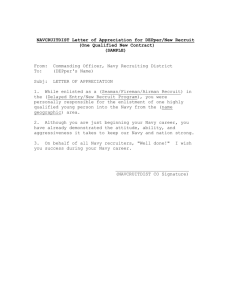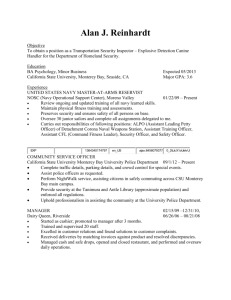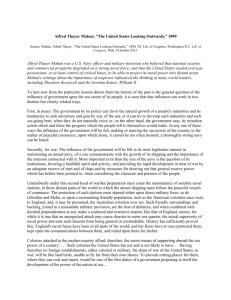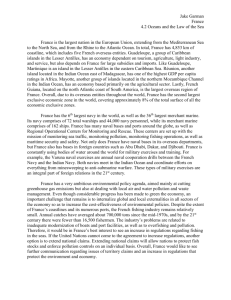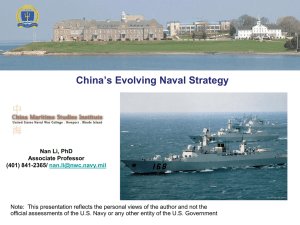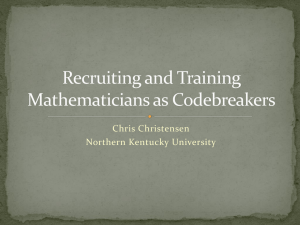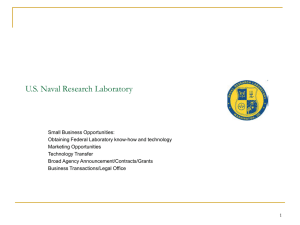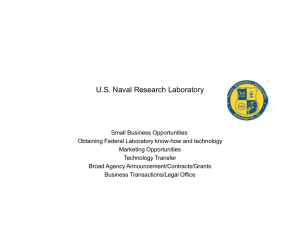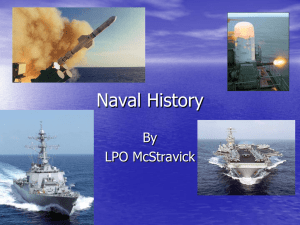University of Kent at Canterbury
advertisement
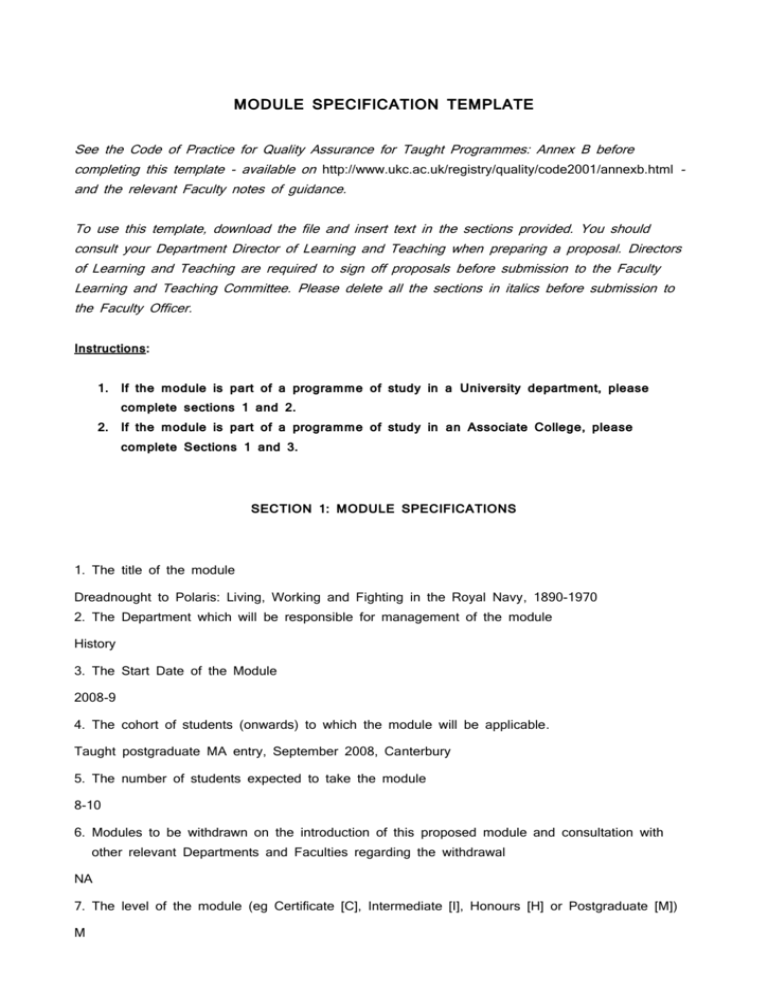
MODULE SPECIFICATION TEMPLATE See the Code of Practice for Quality Assurance for Taught Programmes: Annex B before completing this template - available on http://www.ukc.ac.uk/registry/quality/code2001/annexb.html and the relevant Faculty notes of guidance. To use this template, download the file and insert text in the sections provided. You should consult your Department Director of Learning and Teaching when preparing a proposal. Directors of Learning and Teaching are required to sign off proposals before submission to the Faculty Learning and Teaching Committee. Please delete all the sections in italics before submission to the Faculty Officer. Instructions: 1. If the module is part of a programme of study in a University department, please complete sections 1 and 2. 2. If the module is part of a programme of study in an Associate College, please complete Sections 1 and 3. SECTION 1: MODULE SPECIFICATIONS 1. The title of the module Dreadnought to Polaris: Living, Working and Fighting in the Royal Navy, 1890-1970 2. The Department which will be responsible for management of the module History 3. The Start Date of the Module 2008-9 4. The cohort of students (onwards) to which the module will be applicable. Taught postgraduate MA entry, September 2008, Canterbury 5. The number of students expected to take the module 8-10 6. Modules to be withdrawn on the introduction of this proposed module and consultation with other relevant Departments and Faculties regarding the withdrawal NA 7. The level of the module (eg Certificate [C], Intermediate [I], Honours [H] or Postgraduate [M]) M 8. The number of credits which the module represents 30 Note: undergraduate full-time students take modules amounting to 120 credits per year and postgraduate full-time students take modules amounting to 180 credits per year for a Masters award 9. Which term(s) the module is to be taught in (or other teaching pattern) Spring Term 10. Prerequisite and co-requisite modules NA 11. The programmes of study to which the module contributes MA, War Media and Modernity 12. The intended subject specific learning outcomes and, as appropriate, their relationship to programme learning outcomes 1. Students will learn how to access a range of sources of information, evaluate them critically and present their conclusions. (S of H, Learning Outcomes C 1-3, D 1-3) 2. Students will acquire skills of conceptualisation, reflexivity, critical thought and epistemological awareness. (S of H, Learning Outcomes B 1-4) 3. Students will acquire knowledge and understanding of the past, assisting them in other courses. (S of H, Knowledge and Understanding 1-5) 13. The intended generic learning outcomes and, as appropriate, their relationship to programme learning outcomes The module will encourage students to engage with key themes in naval history from a variety of disciplinary perspectives including those of social and cultural history alongside operational military history. They will develop the ability to interpret a variety of primary sources – including memoirs, Admiralty papers and images – and to use them alongside the secondary literature. Students will participate in seminar discussions, engage in group work, cooperate on set tasks and present individual and group responses (Key Skills D1 Communication; D4 Working with Others; D6 Problem Solving). The module will develop students’ ability to communicate their ideas clearly and coherently in oral and written forms, assisted by peer and teacher feedback (Key Skills D1 Communication; D5 Improving Own Learning). Students will reflect on their own learning, plan their use of time, and identify appropriate directions for further study (Key Skills D5 Improving Own Learning); they will also produce word-processed assignments that are of a high scholarly standard in terms of presentation and professionalism (Key Skill D3 Information Technology). This preparation, alongside the specific skills and knowledge attained, will be of great value to students with regard to other modules. 14. A synopsis of the curriculum The aim of this module is to give students a detailed and holistic understanding of the Royal Navy as an institution during this period. This will involve close analysis of the existing naval historical secondary literature with its largely operational focus. However, through a wealth of primary material, students also will be encouraged to identify the socio-cultural priorities that shaped this institution as surely as military imperatives. The following themes will be central: the navy’s preparedness for war and effectiveness in war; the impact of new technology on the institution and the degree to which naval culture mediated technological change; the functional, symbolic and cultural arguments for a battleship navy; the debate over naval airpower; the effect of wartime expansion on the navy and on naval life; the navy’s roles and responsibilities in peacetime; the Nelsonian legacy and invented traditions; the professionalisation of naval training; the nature of naval hierarchy and decision-making; the elision of rank with social status, and the upper-middle-class monopoly of the officer corps; living conditions ashore and afloat; naval lifestyles and identities; calls for reform and better pay; class antagonism and mutiny; the impact of female personnel on the navy; the institutional and cultural consequences of post-war force reduction, American naval power and imperial decline. 15. Indicative Reading List Till, Geoffrey (ed.), The Development of British Naval Thinking: Essays in Memory of Bryan Ranft Murray, Williamson; Sinnreich, Richard Hart (ed.), The Past as Prologue: the Importance of History to the Military Profession Nielson, K.; Errington, E. J. (ed.), Navies and Global Defence: Theories and Strategy Bell, Christopher M., 'The Royal Navy and the Lessons of the Invergordon Mutiny'. War in History Harding, Richard (ed.), The Royal Navy, 1930-2000: Innovation and Defence Speller, Ian (ed.), The Royal Navy and Maritime Power in the Twentieth Century Grove, Eric, The Royal Navy since 1815: a New Short History Lavery, Brian, Hostilities Only: Training the Wartime Royal Navy McKee, Christopher, Sober Men and True: Sailor Lives in the Royal Navy, 1900-1945 O'Brien, Phillips Payson (ed.), Technology and Naval Combat in the Twentieth Century and Beyond Bell, Christopher M., The Royal Navy, Strategy and Seapower between the Wars Barnett, Correlli, Engage the Enemy more Closely: the Royal Navy in the Second World War Bailey, Chris Howard (ed.), Social Change in the Royal Navy, 1924-1970: the Life and Times of Admiral Sir Frank Twiss Phillipson, David, Band of Brothers: Boy Seamen in the Royal Navy 1800-1956 Rodger, N. A. M. (ed.), Naval Power in the Twentieth Century Massie, Robert Kinloch, Dreadnought: Britain, Germany, and the Coming of the Great War Roskill, Stephen Wentworth, The Navy at War, 1939-1945 Roskill, Stephen Wentworth, The War at Sea, 1939-45 (3 vols) 16. Learning and Teaching Methods, including the nature and number of contact hours and the total study hours which will be expected of students, and how these relate to achievement of the intended learning outcomes The course will be taught by weekly seminars. The seminars will be based around presentations by students exploring the week’s theme, which will pave the way for an open discussion of the ideas. This will sharpen student debating and presentation skills giving the ability for rapid critical thinking and analysis. The preparatory reading and analysis of images will give students the ability to perform in seminars, and the seminar discussions will then sharpen their approach to essay writing and note-taking. Total contact hours: 24 hours; total study hours 300. 17. Assessment methods and how these relate to testing achievement of the intended learning outcomes 100% coursework (80% essay; 20% presentation) Students will complete one 4000 word essay which will test their ability to research, develop and then present in a written form cohesive arguments based around a mixture of primary and secondary sources. The presentations will test the ability to research, develop and then present in an oral form arguments and ideas based around a mixture of primary and secondary sources. These exercises intimately link with the structure of each seminar and the tasks for each seminar. 18. Implications for learning resources, including staff, library, IT and space The Templeman Library will be expected to ensure that students can access every aspect of the bibliography which includes a range of written material. The teaching will be performed by a member of the School of History at the rank of Senior Lecturer or Lecturer. 19. A statement confirming that, as far as can be reasonably anticipated, the curriculum, learning and teaching methods and forms of assessment do not present any non-justifiable disadvantage to students with disabilities No problems are anticipated. If the module is part of a programme in an Associate College, please complete the following: 20. Associate College: N/A 21. University Department (for cognate programmes) or Faculty (for non-cognate programmes) responsible for the programme: School of History SECTION 2: MODULE IS PART OF A PROGRAMME OF STUDY IN A UNIVERSITY DEPARTMENT Statement by the Director of Learning and Teaching: "I confirm I have been consulted on the above module proposal and have given advice on the correct procedures and required content of module proposals" ................................................................ .............................................. Director of Learning and Teaching Date ………………………………………………… Print Name Statement by the Head of Department: "I confirm that the Department has approved the introduction of the module and, where the module is proposed by Departmental staff, will be responsible for its resourcing" ................................................................. .............................................. Head of Department Date ……………………………………………………. Print Name SECTION 3: MODULE IS PART OF A PROGRAMME IN AN ASSOCIATE COLLEGE (Where the module is proposed by an Associate College) Statement by the Nominated Officer of the College: "I confirm that the College has approved the introduction of the module and will be responsible for its resourcing" ................................................................. .............................................. Nominated Responsible Officer of the Associate Date College …………………………………………………. Print Name ………………………………………………….. Post ……………………………………………………. Associate College
